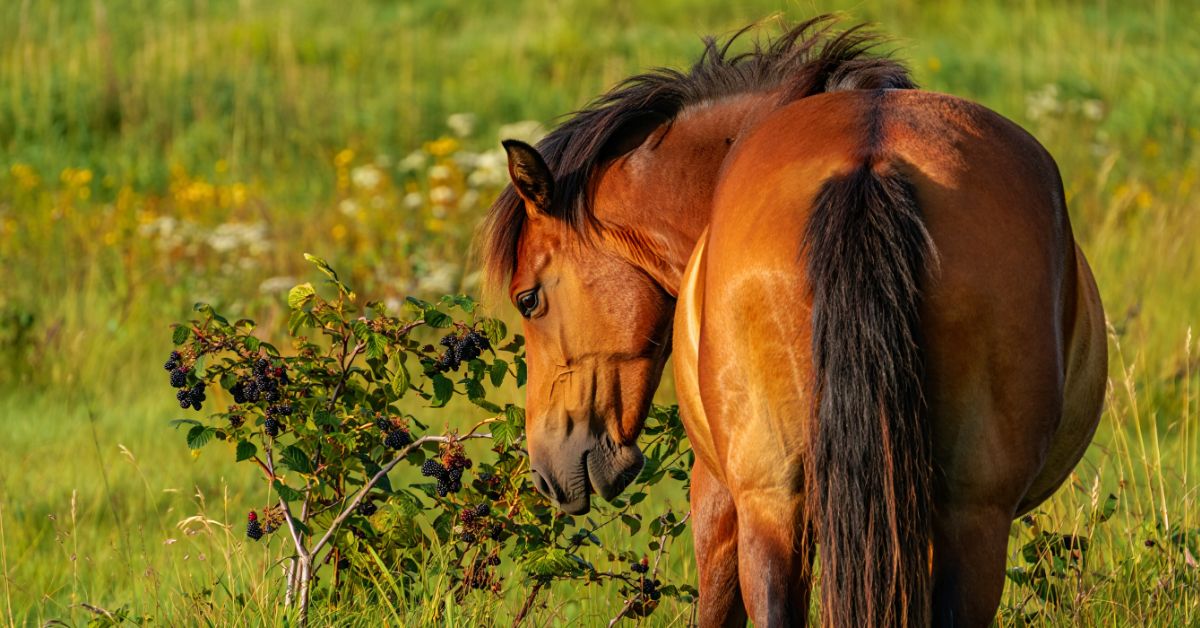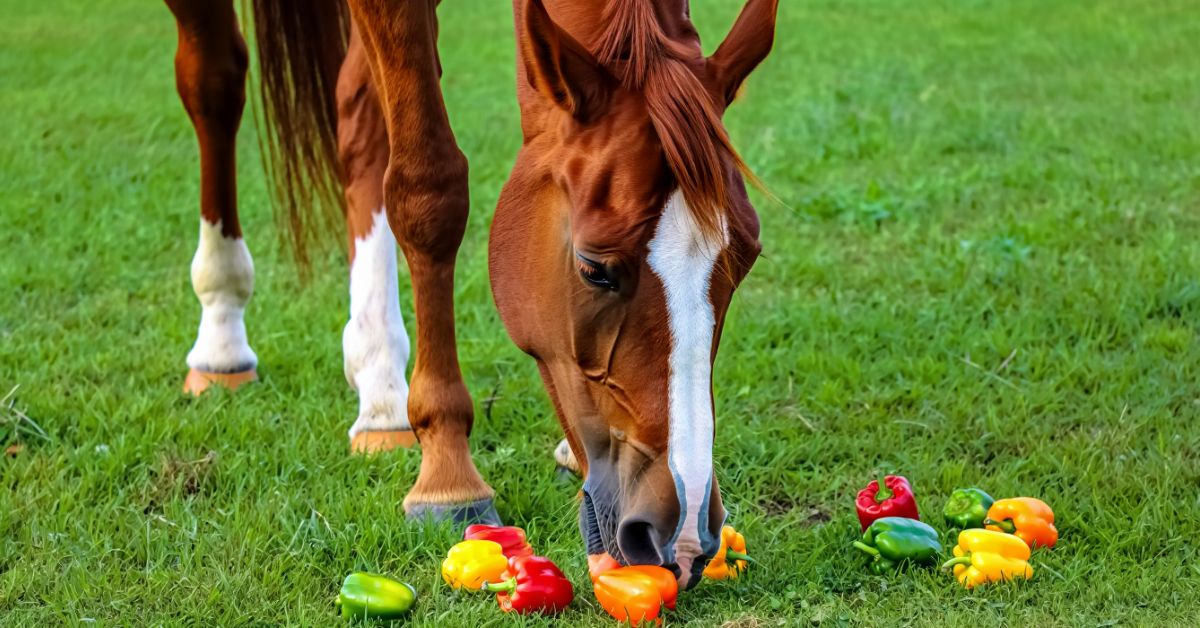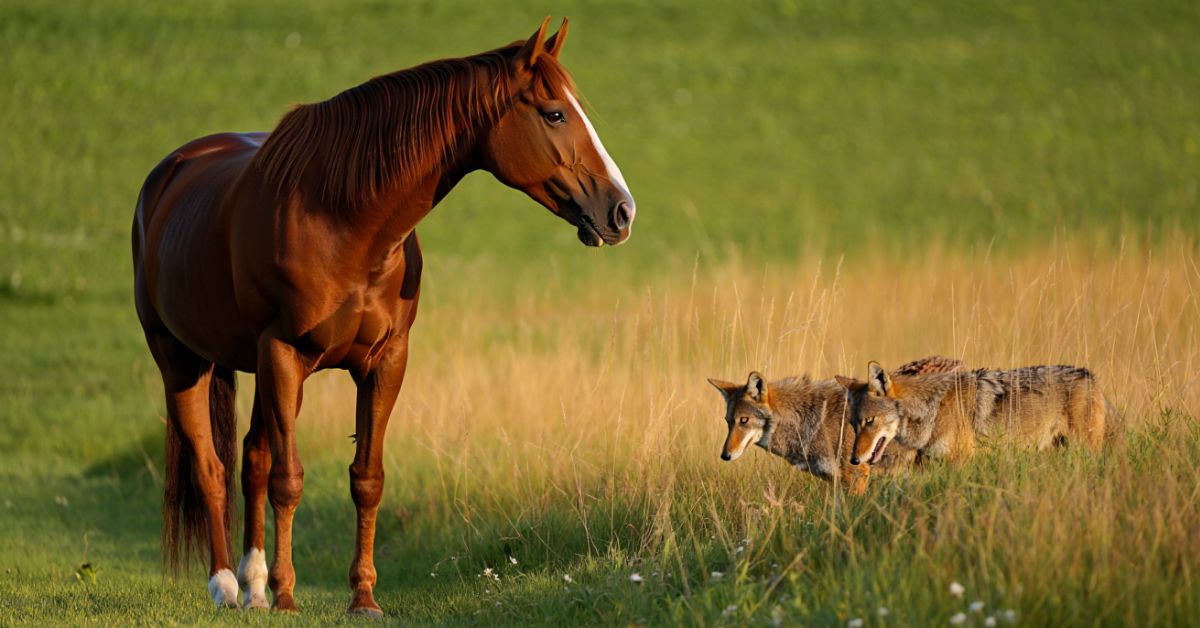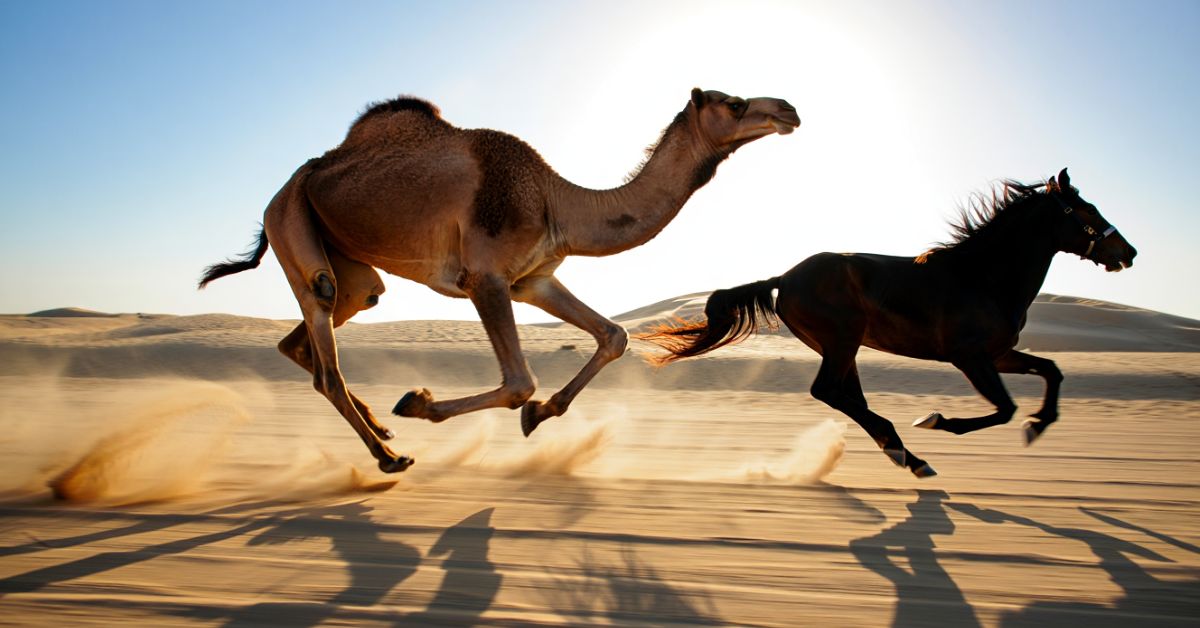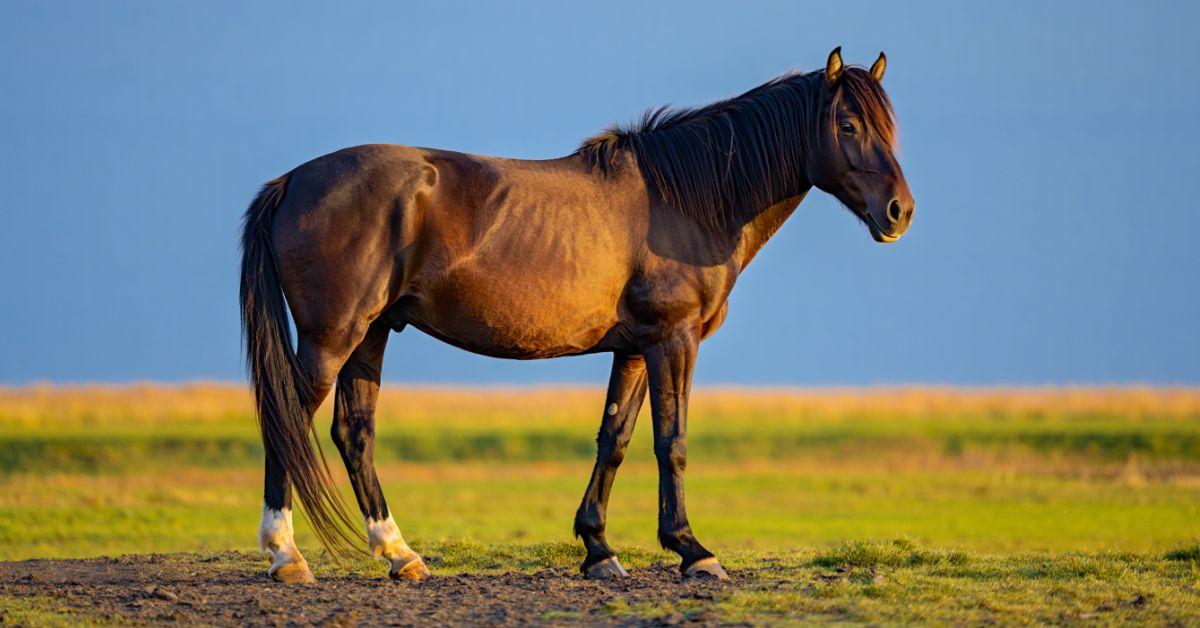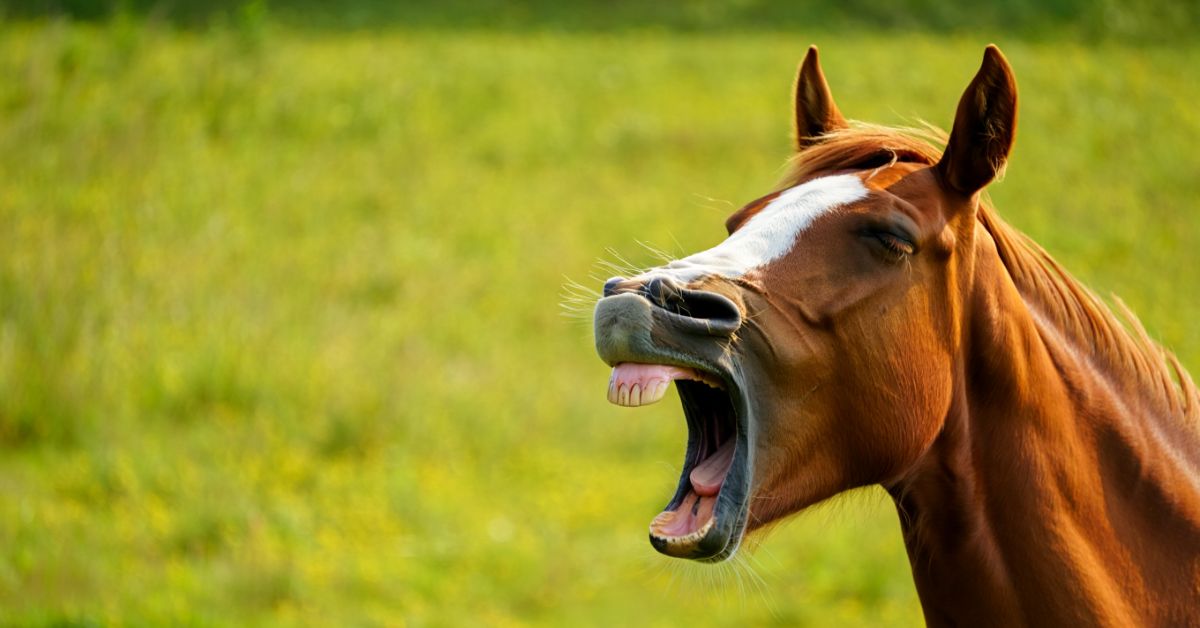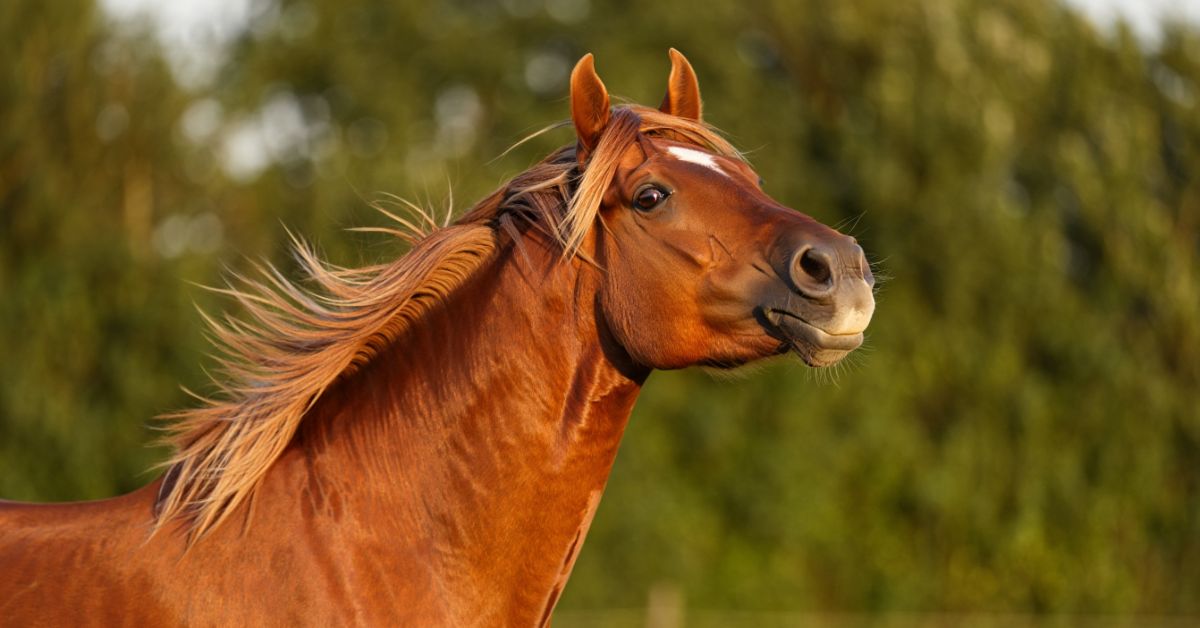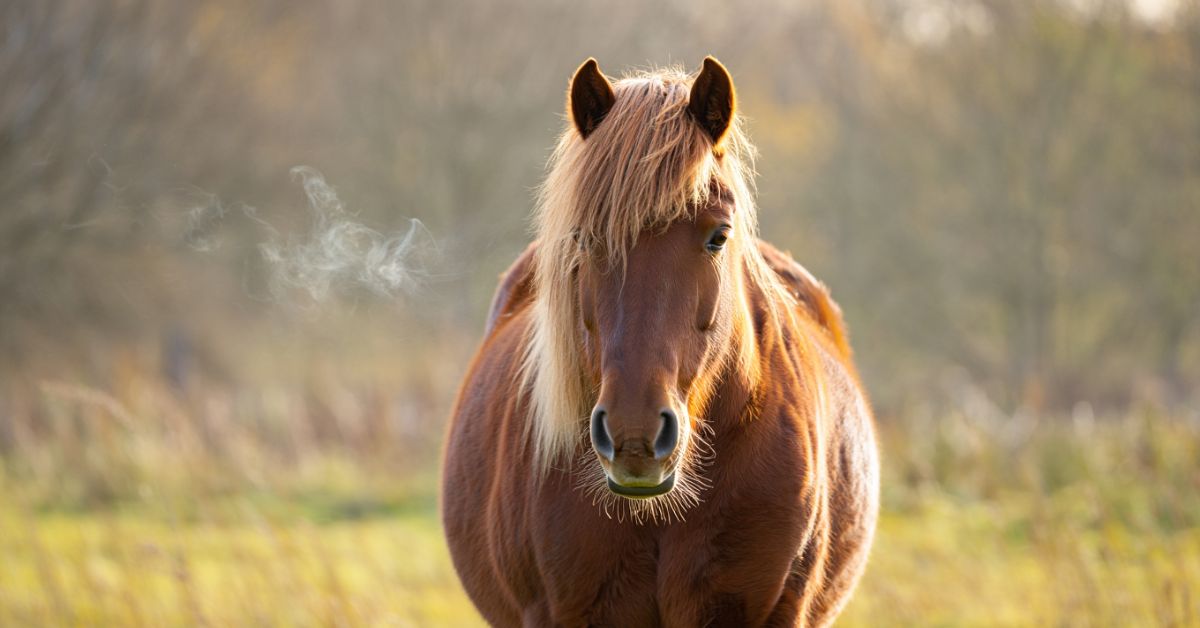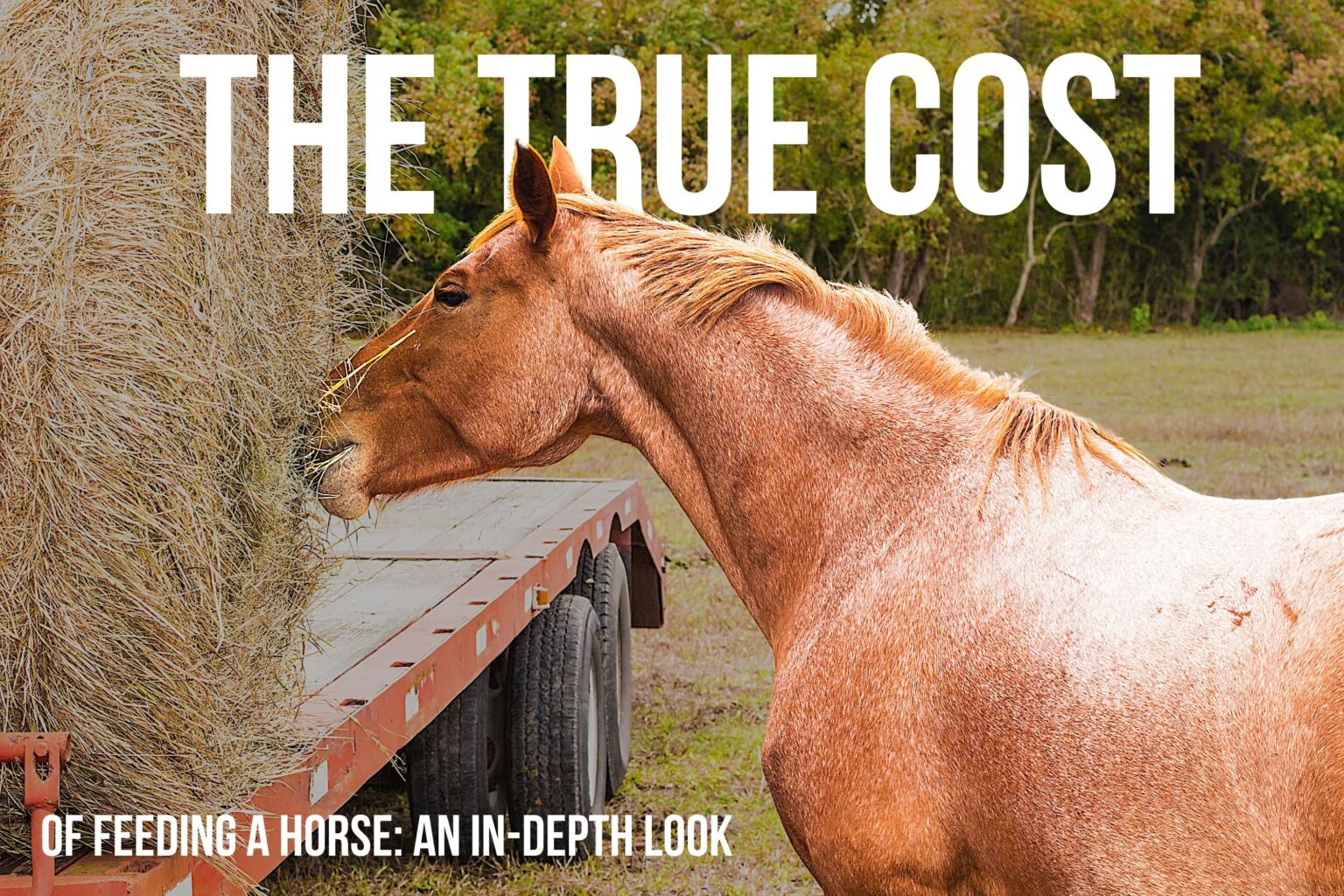
How Much does it Cost to Feed a Horse?
Owning a horse can be a truly rewarding experience, but it’s no secret that it comes with a significant financial commitment. One of the largest ongoing expenses for horse owners is the cost of feeding their equine companions. Whether you’re a seasoned equestrian or considering taking the plunge into horse ownership, understanding the true cost of feeding a horse is crucial.
In this comprehensive article, we’ll delve into the various factors that contribute to the cost of feeding a horse, provide real-world examples and calculations, and offer practical tips to help you manage your horse’s nutritional needs within your budget.
The Basics of Equine Nutrition
Horses are herbivores, meaning they require a diet primarily consisting of forage, such as hay and pasture. In addition to forage, horses also need a balanced concentrate (grain) ration to meet their energy and nutrient requirements. The specific nutritional needs of a horse can vary depending on factors like age, activity level, breed, and overall health.
As a general rule of thumb, a 1,000-pound horse will consume approximately 15-20 pounds of hay and 5-10 pounds of grain per day. However, these amounts can fluctuate based on the individual horse’s needs and the quality of the feed.
➤ Also Read: How Many Acres does a Horse Need
Calculating the Cost of Feeding a Horse
To determine the cost of feeding a horse, we need to consider the following key factors:
-
Hay Costs: The cost of hay can vary significantly based on location, quality, and availability. On average, good-quality hay can range from $0.05 to $0.50 per pound, with the higher end typically for premium timothy or alfalfa hay. Example Calculation:
- 1,000-pound horse consuming 18 pounds of hay per day
- Hay cost of $0.30 per pound
- Daily hay cost: 18 pounds x $0.30 = $5.40 per day
-
Grain Costs: Concentrate feed, or grain, can also vary in price, with typical costs ranging from $0.15 to $0.50 per pound. Example Calculation:
- 1,000-pound horse consuming 8 pounds of grain per day
- Grain cost of $0.25 per pound
- Daily grain cost: 8 pounds x $0.25 = $2.00 per day
-
Supplements: Many horse owners choose to supplement their horse’s diet with additional vitamins, minerals, or other specialized products to address specific needs. The cost of supplements can range from a few dollars to hundreds of dollars per month, depending on the type and quantity used. Example Calculation:
- Supplement cost of $50 per month
- Daily supplement cost: $50 / 30 days = $1.67 per day
-
Pasture Maintenance: If you have access to a pasture, the cost of maintaining it, such as fertilizing, mowing, and fencing, should also be factored into the overall feeding costs. Example Calculation:
- Pasture maintenance cost of $100 per month
- Daily pasture maintenance cost: $100 / 30 days = $3.33 per day
Putting it all together, the total daily cost of feeding a 1,000-pound horse can range from approximately $12.40 to $22.40, depending on the quality and quantity of hay, grain, supplements, and pasture maintenance.
Factors That Affect Feeding Costs
Several factors can influence the cost of feeding a horse, including:
- Horse’s Age and Activity Level: Younger, growing horses and those with higher exercise demands will require more calories and, consequently, more feed, which can increase costs.
- Feed Quality: Higher-quality hay, grain, and supplements will generally be more expensive but may provide better nutritional value and support your horse’s health.
- Geographic Location: Feed prices can vary significantly based on your geographic location, with prices tending to be higher in areas with limited agricultural production.
- Time of Year: Hay and other forage prices can fluctuate seasonally, with higher prices typically seen during the winter months when demand is higher.
- Bulk Purchasing: Buying hay, grain, and supplements in bulk can often result in lower per-unit costs, helping to reduce overall feeding expenses.
Tips for Controlling Feeding Costs
To help manage the cost of feeding a horse, consider the following strategies:
- Develop a Feeding Plan: Work with your veterinarian or an equine nutritionist to create a tailored feeding plan that meets your horse’s specific nutritional needs while staying within your budget.
- Explore Alternative Forage Options: In addition to traditional hay, consider incorporating other forage sources, such as haylage, baleage, or even grass clippings, which may be more cost-effective.
- Grow Your Own Hay: If you have the land and resources, consider growing your own hay, which can significantly reduce your feed costs.
- Negotiate Bulk Discounts: Reach out to feed suppliers and negotiate better prices for purchasing hay, grain, and supplements in larger quantities.
- Monitor Feed Waste: Ensure that your horse is not wasting feed by providing the appropriate amount and type of forage and concentrate, and adjusting as needed.
- Utilize Pasture Grazing: If possible, maximize the use of your horse’s pasture, as grazing can be a more cost-effective way to meet their forage needs.
- Explore Cost-Effective Supplements: Carefully evaluate the need for supplements and choose options that provide the most value for your money.
Conclusion
Feeding a horse is a significant financial responsibility, but with the right approach and planning, you can ensure your equine companion’s nutritional needs are met while staying within your budget. By understanding the key factors that influence feeding costs and implementing effective cost-saving strategies, you can enjoy the rewards of horse ownership without breaking the bank.
Frequently Asked Questions
1. How much does it typically cost to feed a horse per month? The monthly cost of feeding a horse can range from $375 to $675 or more, depending on factors like the horse’s size, activity level, feed prices in your area, and the specific dietary needs of your horse.
2. What are the most expensive aspects of feeding a horse? The most expensive aspects of feeding a horse are typically the cost of high-quality hay and grain, as well as any specialized supplements your horse may require.
3. Are there ways to reduce the cost of feeding a horse? Yes, there are several strategies to help reduce the cost of feeding a horse, such as growing your own hay, negotiating bulk discounts, and maximizing the use of pasture grazing.
4. How do I determine the right amount of feed for my horse? The appropriate amount of feed for your horse will depend on factors like their age, activity level, and overall health. It’s best to work with a veterinarian or equine nutritionist to develop a tailored feeding plan.
5. What are the consequences of not feeding a horse properly? Improper feeding can lead to a range of health issues in horses, such as colic, laminitis, and nutritional deficiencies. Ensuring your horse receives a balanced and appropriate diet is crucial for their overall well-being.
